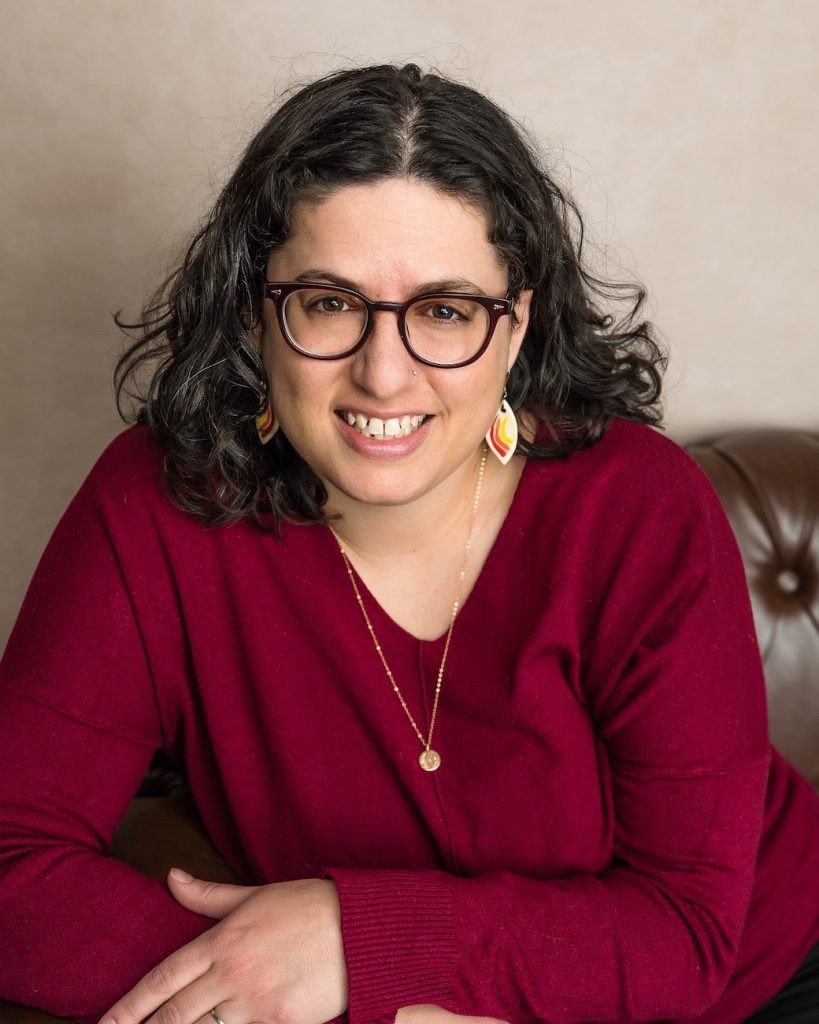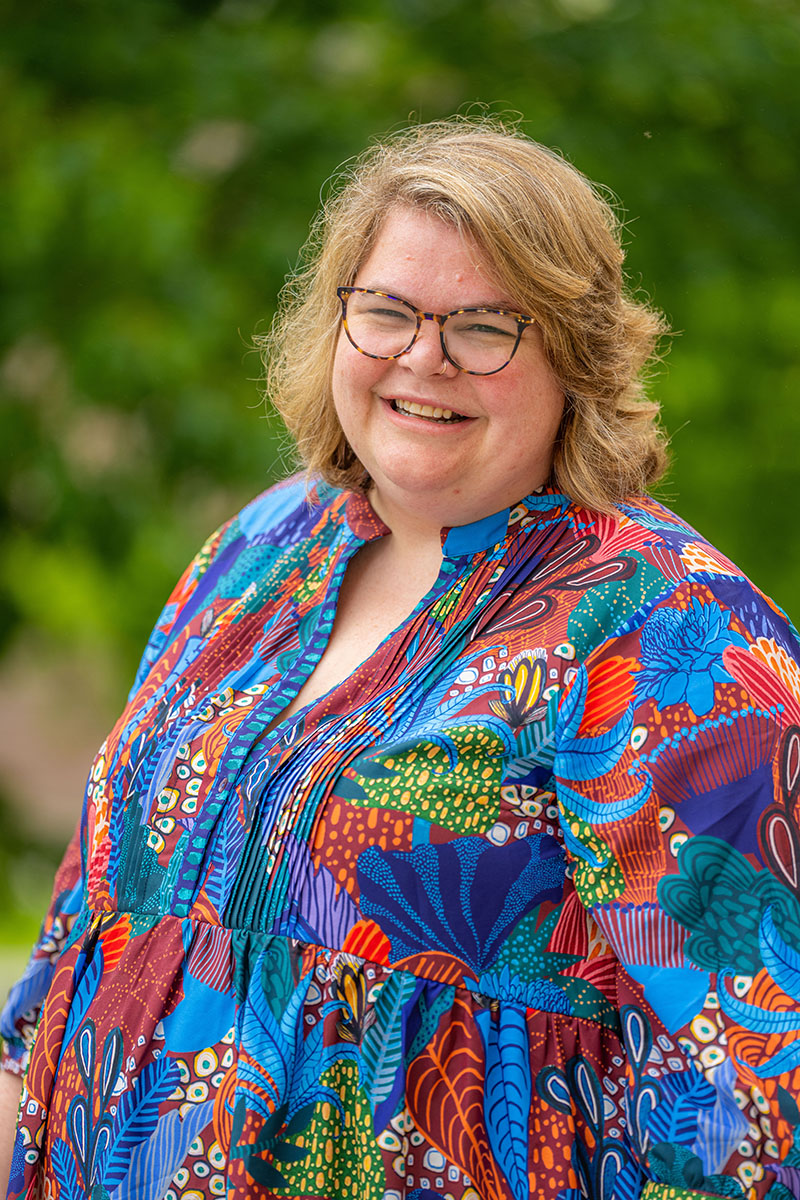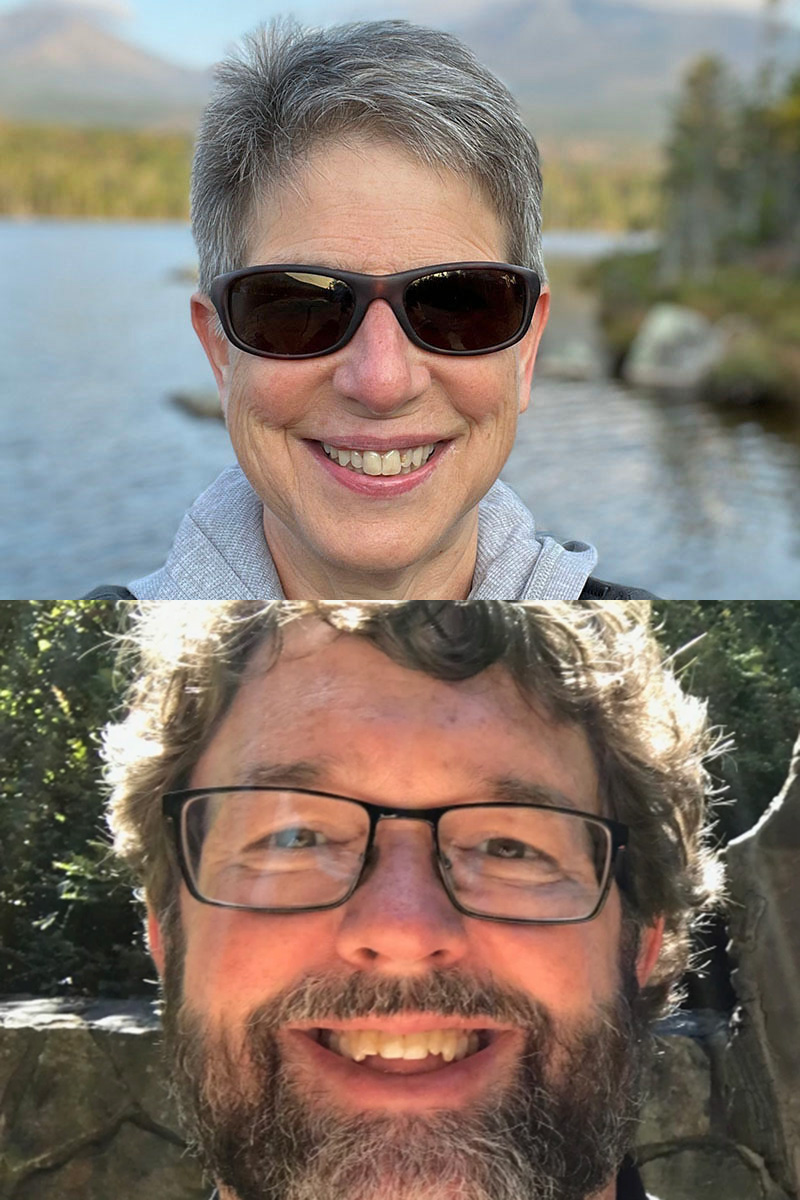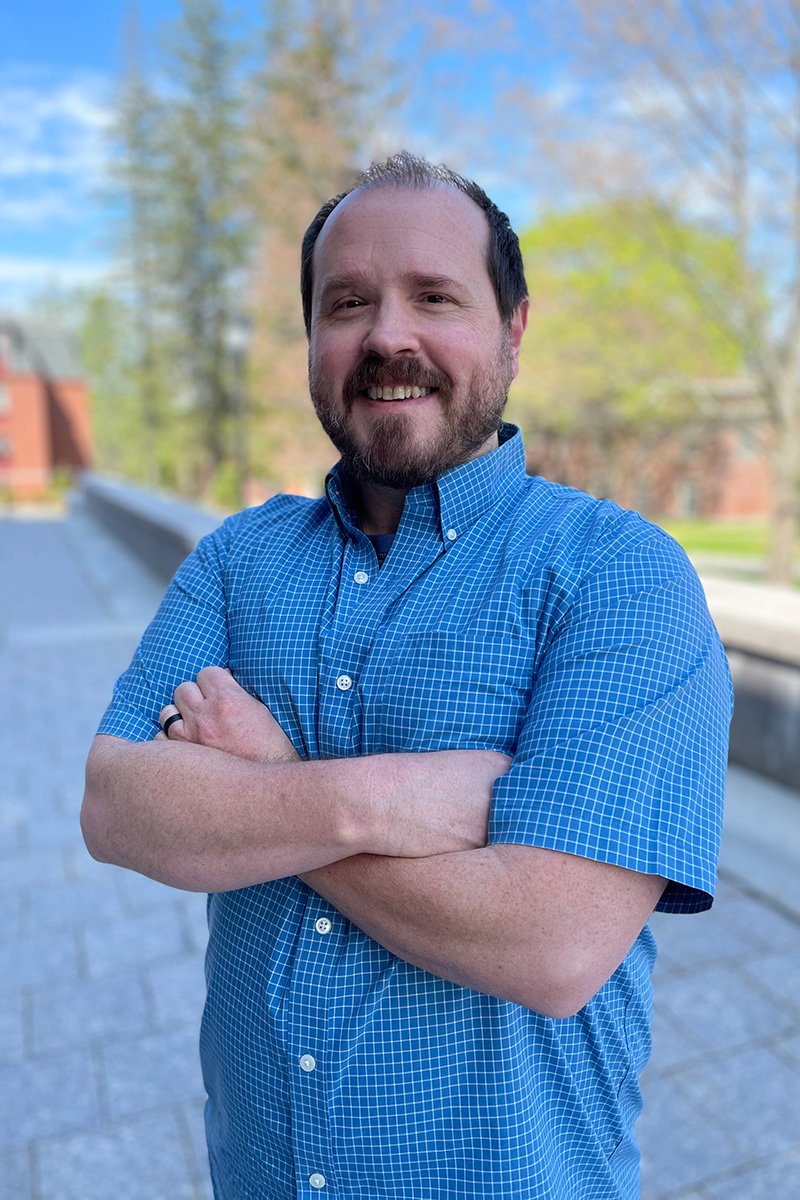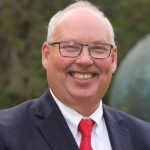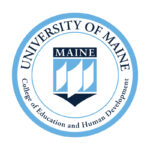About the Institute
The University of Maine College of Education and Human Development is proud to host its fourth annual Summer Educators Institute, June 25-27, 2025. This engaging and inspiring event will be held on the beautiful UMaine campus in Orono, featuring experts from the college as well as thought leaders in the field of education from Maine and beyond. During the institute, the college’s Center for Applied Research on Education and Schools (CARES) will host a meeting of its Rural Teacher-Leader Support Network. Don’t miss this opportunity to learn, network and collaborate with other administrators, teachers, consultants and more.
This year’s program has three strands: Cultivating Rural Teacher Leadership; Middle-Level Education; and Reaching All Learners.
Participants will earn professional development contact hours or CEUs.
For more information, contact Mia Morrison, mia.morrison@maine.edu.
Alex Shevrin Venet is an educator, professional learning facilitator, and writer, who helps teachers connect theory to practice to create safe, caring, and affirming schools. She is the author of two books, “Equity-Centered, Trauma-Informed Education” and “Becoming and Everyday Changemaker: Healing and Justice at School,” as well as numerous articles for publications like Edutopia and Mindshift. She is founder of the website Unconditional Learning and co-founder of Nurturing the Nurturers, which helps support teacher well-being. Shevrin Venet teaches graduate-level courses for educators at Vermont State University and Antioch University New England.
STRANDS
Strand one: Cultivating rural teacher leadership
This strand will support rural teachers and teacher leader with leading instructional and organizational change, inquiry-based learning, and will center around the problems of practice that teachers bring with them from their classrooms and schools. This strand’s workshops and work time will focus on building cross-school connections with other professionals, sharing “what works” from the field, and leveraging the strengths of rural places for student learning.
Strand two: Middle-level education
Middle school students (ages 10 – 14) possess unique developmental characteristics, and need a school and learning experience different from elementary and high school. The Middle-Level Education strand will focus on the challenges and promises of young adolescents, and the philosophy, organization and practices to best meet their needs. Leaders and presenters have extensive background and successful teaching/leading experience in middle schools.
Strand three: reaching all learners
This strand will feature a cohort focused on elementary mathematics, designed to help K-8 teachers incorporate new instructional practices, as well as discover and enhance their own sense of mathematical agency. In addition, Reaching All Learners will empower educators to create inclusive, equitable classrooms that meet the diverse needs of all students, including those with disabilities, multilingual learners and students from marginalized backgrounds.
Workshop Leaders
Registration Information
Participants in the 2025 Summer Educators Institute are eligible for 25 contact hours or 2.5 CEUs.
Registration Deadline: June 20
How to Register:
Complete the registration form above.
Cost (choose the rate that applies to you in the registration form):

